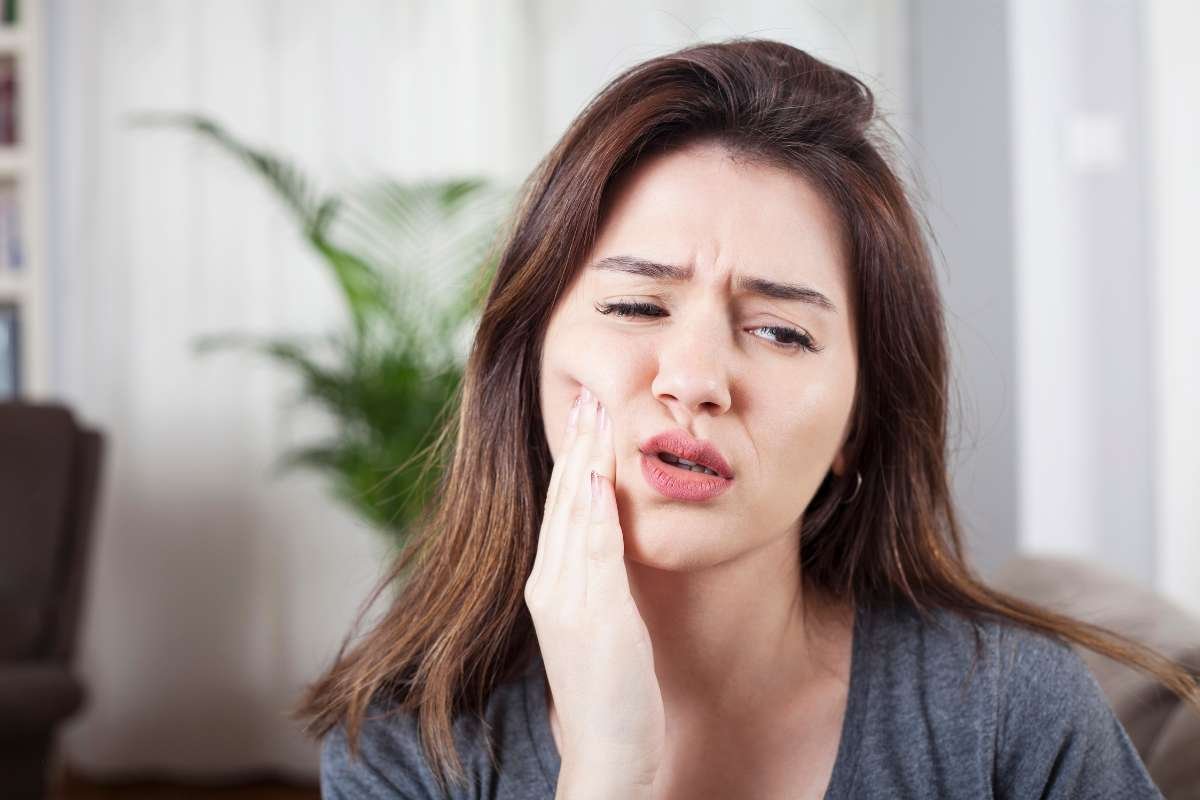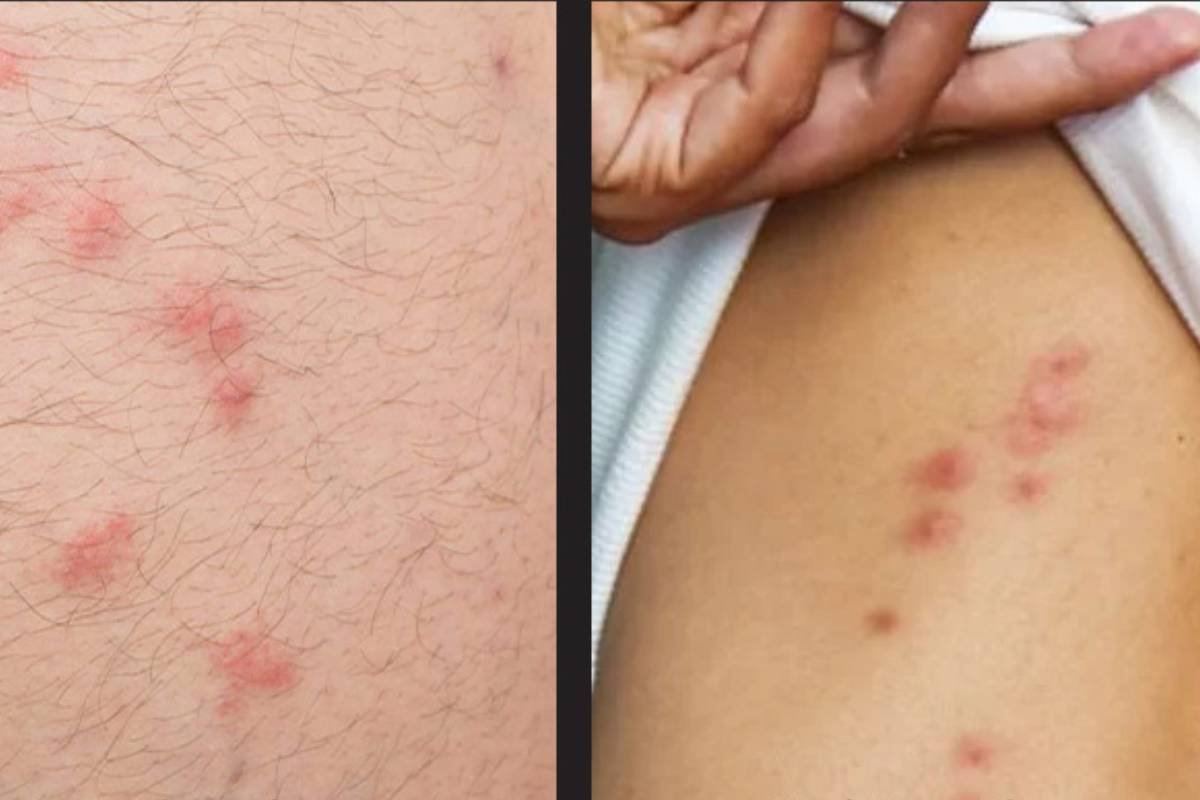The Wisconsin Department of Health Services has confirmed the first human case of West Nile virus in 2025, involving a resident of Barron County. Alongside the human case, mosquito samples from Milwaukee and Lafayette counties have also tested positive for the virus, signaling the return of the seasonal health threat in the state.
“This detection is a reminder to take steps to prevent mosquito bites and possible disease,” said Paula Tran, Wisconsin’s State Health Officer. She added that while the virus poses a risk to all residents, those with weakened immune systems face higher chances of serious illness.
West Nile virus typically spreads through the bite of infected mosquitoes, which themselves become carriers after feeding on infected birds. DHS emphasized that the virus is not transmitted between humans or from animals to humans, reducing fear of person-to-person spread.
Symptoms and Risk Profile: What Residents Should Know
While most people infected with the West Nile virus remain asymptomatic, around 20% may develop mild flu-like symptoms such as fever, fatigue, body aches, rashes, or headaches. In rare but serious cases—especially among the elderly or immunocompromised—West Nile can lead to severe neurological conditions, including encephalitis, paralysis, and coma.
Since surveillance began in 2001, Wisconsin has reported an average of 18 human cases of West Nile virus annually, with the majority occurring between August and September. The virus typically persists until the season’s first hard frost—a sustained drop below 28°F for four consecutive hours.
DHS encourages anyone experiencing symptoms, particularly high fever or confusion, to seek immediate medical attention. Early detection can significantly reduce the risk of long-term complications.
Prevention Is Key: How to Protect Yourself
With mosquito season in full swing, public health authorities are urging residents to adopt preventive measures:
- Use insect repellents containing DEET, picaridin, or oil-of-lemon eucalyptus.
- Wear protective clothing such as long sleeves and pants, especially during dawn and dusk when mosquitoes are most active.
- Treat clothing and gear with permethrin (never apply directly to skin).
- Eliminate standing water in birdbaths, gutters, buckets, tires, or flower pots to disrupt mosquito breeding grounds.
Local governments are also increasing surveillance efforts, setting traps and testing mosquito pools across counties to monitor the spread.
Residents are encouraged to stay informed via updates from DHS and their local health departments as Wisconsin braces for the peak mosquito season. With active community participation and caution, officials remain optimistic about mitigating the virus’s impact this year.







